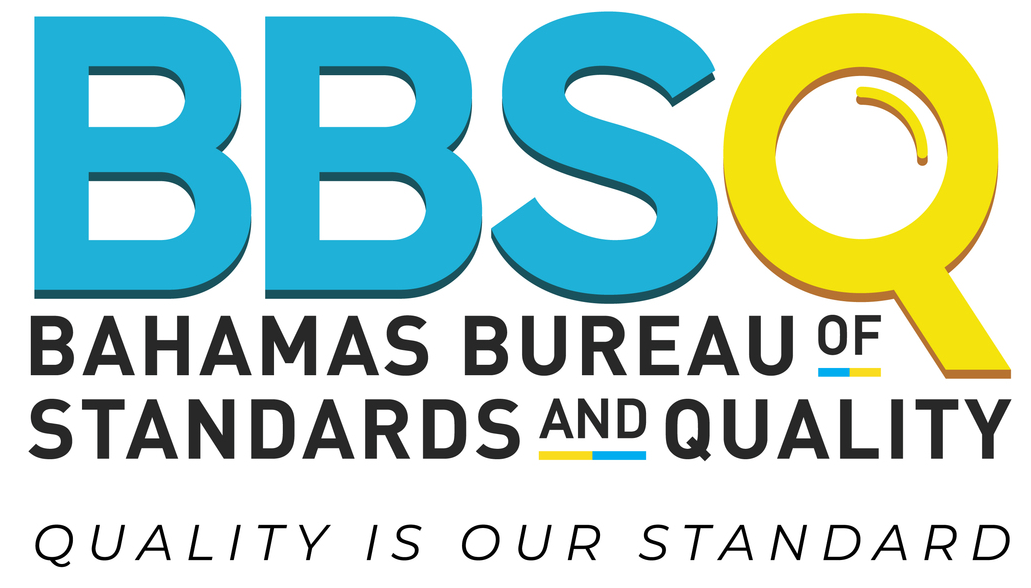ISO 7887:2011 specifies four different methods, designated A to D, for the examination of colour.
The previously most employed method for assessment of water colour in water treatment plants, limnological surveys, etc. was based on the hexachloroplatinate scale. Methods C and D are harmonized with this traditional procedure.
Method A involves examination of apparent colour by visually observing a water sample in a bottle. This gives only preliminary information, for example for use in field work. Only the apparent colour can be reported.
Method B involves determination of the true colour of a water sample using optical apparatus and is applicable to raw and potable water and to industrial water of low colour. A subclause on interferences is included.
Method C involves determination of the true colour of a water sample using optical apparatus for comparison with hexachloroplatinate concentration at wavelength, λ = 410 nm. A subclause on interferences is included.
Method D involves determination of colour by visual comparison with hexachloroplatinate standard solutions and can be applied to raw and drinking water. A subclause on interferences is included.
Methods A and B are appropriate if the colour hue of the sample differs from the hue of the matching solution.
When stating the result, the procedure used (methods A to D) is also recorded.
